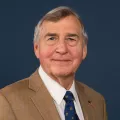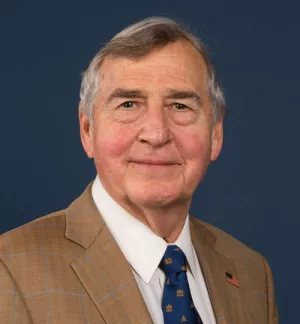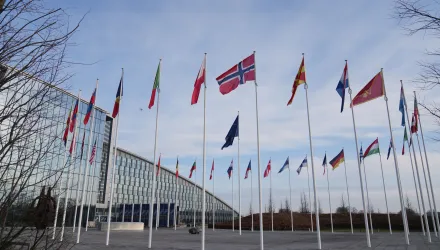It has been over a month since Platon Lebedev, a key figure in Russia's most valuable company and biggest oil producer Yukos, was abruptly and publicly arrested. And while the initial shock has worn off, the implications of what is seen by most as a Kremlin attack on one of Russia's most successful oligarchs remain serious.
Yukos has been the posterchild of good corporate governance in Russia over the past four years. But following the arrest, Yukos was subjected to a series of disruptive searches by Russia's FSB (the former KGB) and a battery of charges from tax evasion to murder.
The market's response was clear: Two weeks after the arrest, Yukos shares had fallen by 28% and the entire Russian stock market by 17% -- devaluing Russia's largest companies by more than $22 billion. In the same period evidence emerged that capital flight -- amounting to $150 billion over the past decade but having turned around in the past year -- was accelerating again, as Russia's Central Bank reported a nearly $1 billion drop in reserves. Though these indicators have since rebounded, the lesson surely has not been lost on investors.
Whatever the merit of the charges, no one doubts the prosecution is politically motivated. Most observers agree that the real target of the attacks is Yukos chief Mikhail Khodorkovsky. He has publicly acknowledged giving funds to opposition political parties, as well suggesting that Russia's parliament ought to have more power. Moreover, he has teased the press about his own plans after 2008, the year Vladimir Putin should finish his final term as president.
The ensuing drama has revealed the fragility of the Russian economy and of Mr. Putin's effort to ground economic reforms in an internationally recognizable rule of law. Since the crime with which Mr. Lebedev is charged occurred in 1994, when Russia had no clear laws on ownership or acquisition of assets, the Yukos case raises the specter of similar scrutiny for holdings in every enterprise.
It is now evident that the battle over Yukos reflects a deeper conflict within the presidential administration between the "Chekists" (former KGB) and the "reformers." On Chekist side, you have Viktor Ivanov and Igor Sechin (two of Mr. Putin's deputies and former KGB colleagues); on the other, Aleksandr Voloshin (Mr. Putin's chief of staff and a former member of the Yeltsin "family") and Prime Minister Mikhail Kasyanov.
But the intrigue has deeper roots. Since Mr. Voloshin is President Putin's most powerful aide, Mr. Ivanov could not be challenging him without more heft behind him. Other actors on the Chekist side likely include FSB chief Nikolai Patrushev and Defense Minister Sergei Ivanov, both former KGB officers from Putin's St. Petersburg. President Putin's passivity in the face of such a flagrant struggle within his own administration provides further support for analysts who argue that he shrinks from personal confrontations. But can he continue to do so when the effects of inaction jeopardize his own highest ambitions for his country?
After political stability, Mr. Putin's top priority for Russia is economic modernization. He is rightly proud of Russia's minor economic miracle under his leadership. Since 1999, Russia has demonstrated annual growth rates of more than 5%, making it the best performing major economy in the world after China. Since 1998, Russian stocks have ranked No. 1 among emerging markets. While high oil prices account for much of this success, tax cuts and other economic reforms have attracted Russian investment in new production. Though still small relative to Russia's potential, foreign direct investment has doubled in each of the last three years, totaling $21 billion.
In his recent State of the Nation address, the president sounded his campaign themes for the December Duma and March presidential elections. The centerpiece reiterates his ambition to double Russia's GDP in the decade ahead. That requires annual growth rates of 7%. Absent confidence in Russia's political stability and predictable enforcement of law and ownership rights, neither Russians nor international investors will risk the tens of billions of dollars necessary to achieve such rapid economic growth. The continuing Yukos saga hardly inspires that confidence.
Allison, Graham. “Political Prosecutions Threaten Russia's Ambitions.” Wall Street Journal Europe, September 1, 2003




